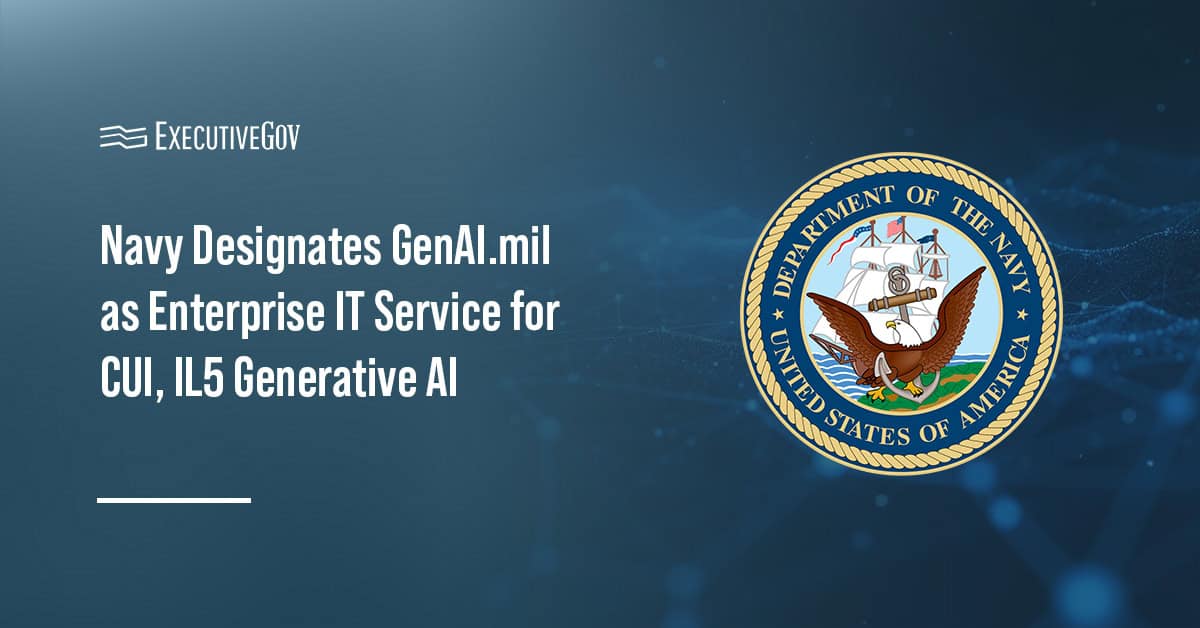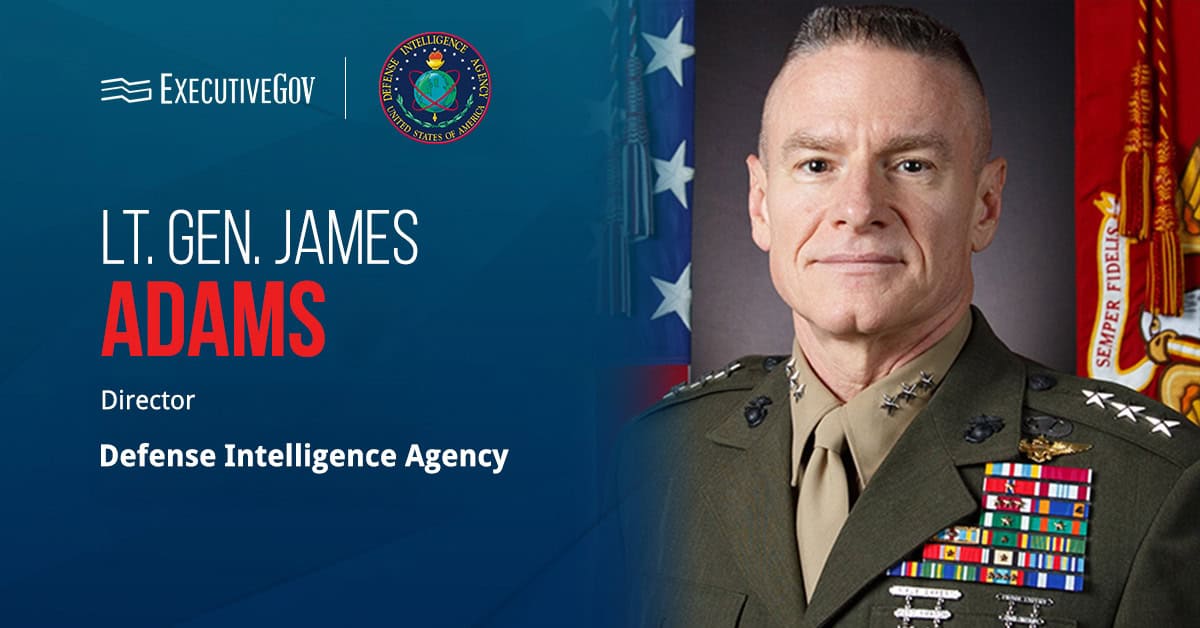
The National Science Foundation has announced an initiative to pursue artificial intelligence research projects with partnering institutes.
NSF said it will work with the departments of Agriculture, Homeland Security, Veterans Affairs and Transportation through the National AI Research Institutes program.
The joint program would engage with research institutes on two tracks. The first, known as the planning track, would cover study areas that involve applications needed by NSF and its partners. The second, known as the institute track, would focus on projects that tackle AI trustworthiness, machine learning foundations and AI applications in agriculture, food, education, molecular synthesis, manufacturing and physics.
Interested parties may submit theme-specific proposals through Jan. 28 and planning proposals through Jan. 30.





